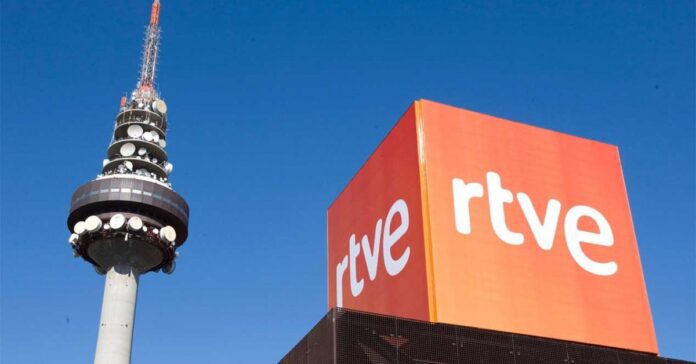
|
Getting your Trinity Audio player ready...
|
Spain’s public broadcaster RTVE has voted to withdraw from the Eurovision Song Contest in Vienna if Israel is allowed to take part — a landmark move that makes Spain the first of the contest’s “Big Five” funders to threaten a boycott over the Gaza war.
The decision comes on the same day as a UN commission concluded Israel is committing genocide in Gaza.
In a formal communiqué issued on Tuesday, RTVE added that the decision was passed by its Board of Directors “por mayoría absoluta” (an absolute majority). The statement also stresses that the decision will not impact Benidorm Fest,” Spain’s national selection show which has its own identity and will go ahead regardless.
What exactly did RTVE decide?
RTVE’s news site summarises the board’s vote and its implications with unusual clarity. Spain will not participate in Eurovision 2026 and will not broadcast the shows if Israel is in the line-up while’ “a massacre continues in Gaza.” The board voted 10–4 in favour of a boycott, with one abstention; the four “no” votes came from members appointed by the Partido Popular (PP), and the abstention from a Junts appointee.
Spanish daily El País independently reports the same vote tally and provides a granular, party-by-party breakdown of the board’s positions. It also notes that the decision could save RTVE the ~€332k Eurovision participation and broadcast fee paid in 2025 (excluding staging spend), while costing it telephone-vote revenue and a major ratings event.
RTVE went on to state it would not air Eurovision 2026 if Israel competes — a significant programming and revenue decision given 2025’s 50%+ final share in Spain.
Why now — and what happens next?
The move follows months of internal and pan-European debate about Israel’s place in the contest after the 2025 final in Basel. In July, at the EBU’s 94th General Assembly, members agreed to review how participation is handled “amidst the increasingly complex global context,” with findings due ahead of a December meeting — a timeline that now looms over the 2026 season.
RTVE says Tuesday’s stance builds on its earlier push for ‘a serious, in-depth debate’ about Israel’s participation, a call the EBU acknowledged in April when it responded that it recognised “concerns and deeply held views around the current conflict.”
Separately, Eurovision’s governing Reference Group (meeting this week in Dubrovnik) has “taken note” of concerns raised by broadcasters and says a final decision is expected in December.
The wider European picture
Spain is not alone. Ireland’s RTÉ declared last week that it would not participate in 2026 if Israel remains in the contest, calling participation “unconscionable” in light of the loss of life and the targeting of journalists in Gaza. The Netherlands’ AVROTROS followed on Friday, saying its participation is “not possible” while Israel is admitted by the EBU. Slovenia and Iceland have made similar commitments.
Spain is now the fifth broadcaster to adopt the position and the first among the Big Five (Spain, UK, Germany, France, Italy) whose entries automatically qualify for the final — a status that magnifies the pressure on the EBU.
Israel’s broadcaster and the EBU’s line
Israel’s public broadcaster Kan says there is “no reason” for Israel not to remain part of the contest and rejects calls to step aside; CEO Golan Yochpaz argues Eurovision “cannot become political.” Reports in Israeli media that the EBU suggested Israel withdraw temporarily or perform under a neutral flag were denied by the EBU, which says consultations with members are ongoing and decisions will follow that process.
The fault lines: voting, promotion and “neutrality”
Beyond the war itself, 2025’s televote remains a running sore. An investigation by the EBU’s Eurovision News Spotlight found that Israel’s Government Advertising Agency paid for a cross-platform digital campaign encouraging the public to vote for Israel’s entry and explaining how to cast the maximum number of votes. While the EBU stressed paid promotion is not illegal and many delegations use it, the revelations fuelled demands to review conditions around the televote.





